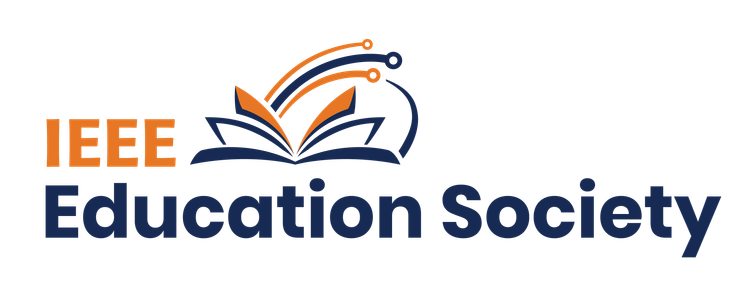Become a Reviewer
We thank all volunteers for participating as a reviewer for EDUCON 2025! At this time, we are no longer in need of reviewers for the 2025 edition. However, if you would like to volunteer for future conferences, you may do so below.
Review: Phase 1 (Abstracts)
Each reviewer will be asked to review no more than (5) abstract submissions (300 - 500 words) in the following tracks:
- Full Paper
- Short Paper
- Work-in-Progress (WIP)
Starting in the week of October 1, 2024*
*Subject to change based on submission extensions
Review: Phase 2 (Papers)
Reviewers will be asked to review no more than (3) total paper submissions in the following tracks:
- Full Paper (maximum 10 pages)
- Short Paper (maximum 5 pages)
- Work-in-Progress (maximum 3 pages)
- Special Session Papers
Starting in the week of November 8, 2024*
*Subject to change based on submission extensions
Become part of a community of reviewers for one of the most prestigious international engineering and technology conferences
Volunteering As an EDUCON Reviewer, you will
Have access to the latest scientific research long before it is published
Improve your writing and that of others
Contribute to the advancement of scientific research

In recognition of your efforts, reviewers of the EDUCON 2025 papers will receive a certificate from the Conference at the end of the review process. Reviewer certificates acknowledge your contributions and invaluable efforts in shaping the success of our conference.
Each certificate will include the reviewer's name, the title and year of the conference, and a statement of appreciation. It is a tangible token of recognition that could be included in portfolios, resumes, and the Web of Science Review Dashboard (see: https://www.apa.org/pubs/journals/resources/peer-review-recognition).
Topics
Papers in all areas of engineering education are invited, with particular emphasis on the main focus of the conference Multidisciplinary Approaches in Engineering Education and on current issues in Engineering Education such as:
» K-12 STEM Education Initiatives
» Student-centered Learning Environments
» Engaging Undergraduate Students in Research
» Digital Transformation
» Ethical Challenges
» Women for Leadership in Engineering Equity, Diversity, and Inclusion
» Future-oriented and Personalized Educational Concepts
» Game-based Learning and Gamification
» Non-traditional Lab concepts
» Multidisciplinary and Transdisciplinary Education
» Virtual and Remote Labs and Classrooms
» Generative AI in learning and educational settings
» Education in the Industry 5.0 era


